Humans of Agriculture- Jess' Story
"My grandmother grew up on a wheat farm in Oklahoma, but we didn’t have generational land or a farm. My father is an account executive in foodservice and wore a suit and tie to work every day. But in middle school, our family moved back to the rural Oklahoma town my parents grew up in. So agriculture was introduced to me as a part of that rural, small town southern dream.
Growing up, I loved looking at old pictures of family raising chickens, cattle, coon dogs, peanuts, picking cotton. My grandmother had framed pictures of parents showing cattle in the ‘80s, leading giant lanky Angus to a backdrop. I howled with laughter hearing about the time Dad’s show hog escaped and walked down to the local bar. My mom still has her FFA Sweetheart jacket in the closet, and I loved sneaking in there to look at it. I idolize my parents and the environment that made them. I romanticized the small town, rural life and saw agriculture as a part of that. I wanted to be a part of that. Plus, 4H and FFA — to a small town kid — are the most accessible paths to pursuing creative projects. I found success and confidence in those arenas.
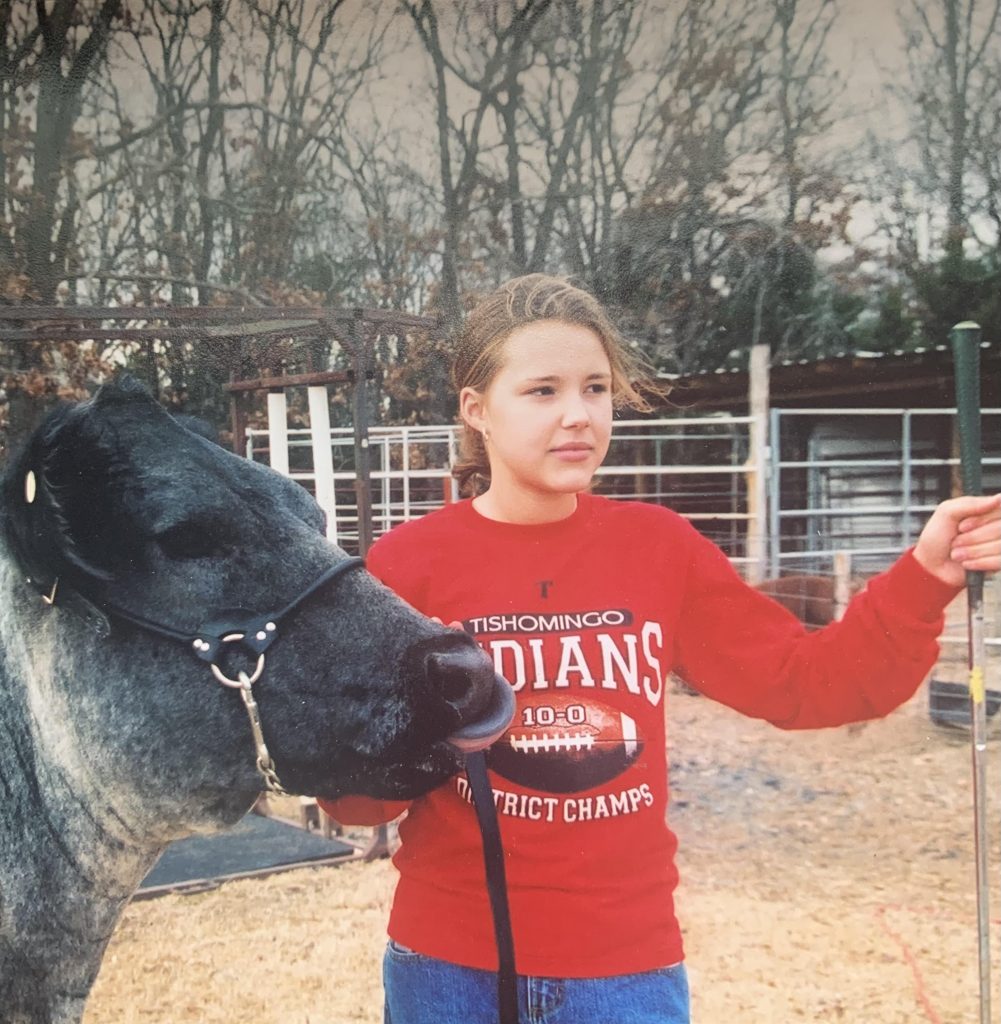
So I went to Oklahoma State and straight to Ag Hall, and graduated in 2012 with a degree in Ag Communications. That decision surprises me still. One time a professor had an intervention with me about switching to a literature degree. But I felt an affection and devotion to agriculture and rural life, and I figured that somehow, somewhere down the road, my dream to be an artist and my love for this rural life would all align and make sense.
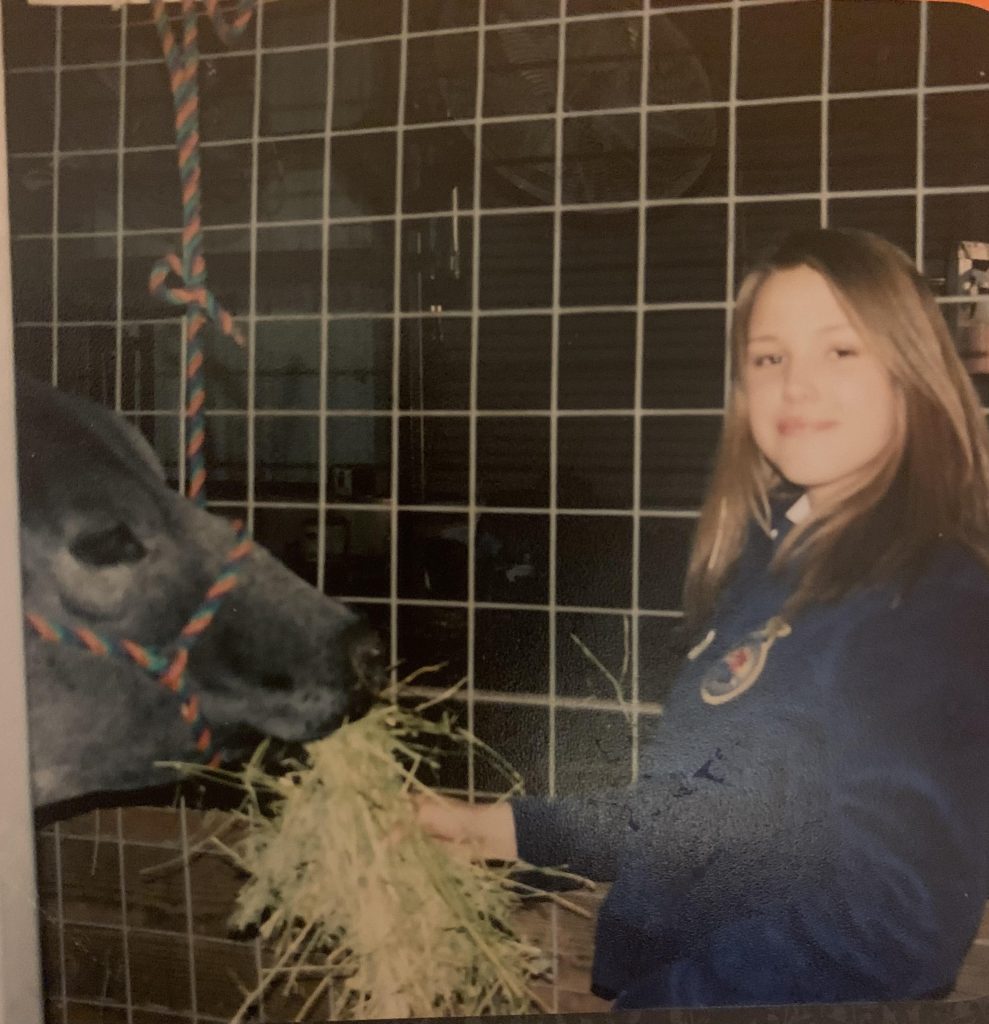
If you asked me in the first grade what I wanted to be when I grew up, I’d tell you “artist.” I always leaned more toward creativity rather than cattle, but it was the environment I found myself in. Agriculture was our community’s entire social and economic fabric, bigger than sports or church. And it wasn’t like I could join theater or the debate team — they didn’t exist. When I was 12 I found out you could write and give speeches in 4H and FFA, and I was all in. I loved the competitiveness, the freedom to choose and deliver on topics I cared about, the art and performance of it. It carried me through high school and college — agriculture was a competitive arena that I loved playing in. But I shifted away from agriculture after college. I started taking different kinds of writing jobs, I moved to Denver, and my interests expanded when I found greater accessibility to the arts.
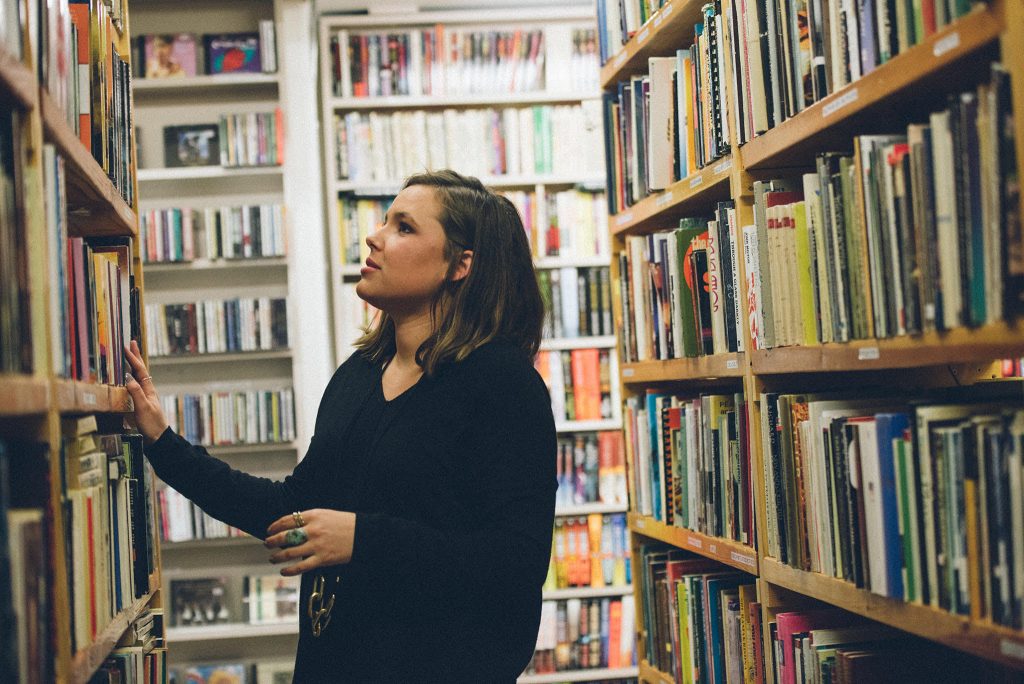
When my environment changed, the choices expanded. I saw myself taking all my history and everything I’ve learned into new places, with different types of people, and making it work and finding a lot of joy in the mix. It’s addicting and exciting. I surprised myself and the people I met, and playing the wild card kind of wakes you up (and the people around you) in a great way. I never wanted to be the avatar of an ag kid, or a rural kid, or pin myself to a specific narrative about who I am and what I can do. I won’t let anyone else do that, either. The proof is in the doing. There’s an internal echo and some eyebrow raising from people like, you can get away with that? You can freely express yourself still be hired in ag? You can design communications for a professional dominatrix and a crop insurance agency? Yeah, I can. I just did. My goal is to live a juicy, interesting, whole life — not play a role, or restrict my interests, or box myself into certain types of curiosities or connections. I can live out my values anywhere, with any group of people, conversing about any topic at all.
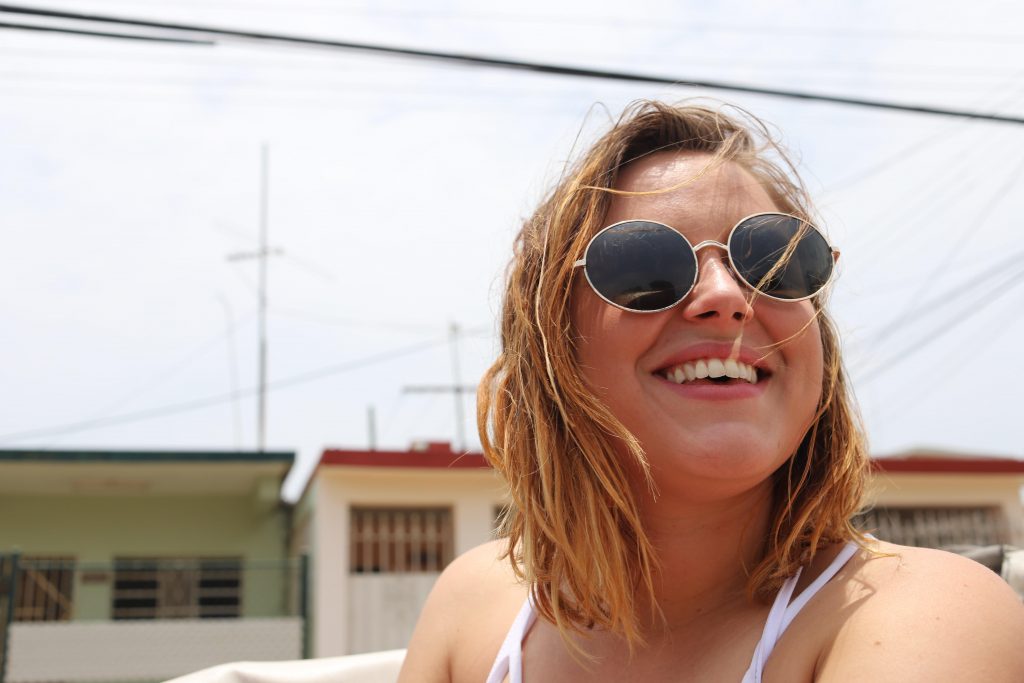
I freelance write for an agricultural foundation, highlighting grants to the arts, education, and medicine in rural areas. I’m also a writer at the Lighthouse Writer’s Workshop in Denver, where I’m working on my first fiction novel. It’s set in rural Oklahoma, and it’s my whole heart. It’s a love letter to rural life, with all its bittersweetness and duality. Most of my contemporaries are Ivy League-educated and grew up in Boulder, or on a coast. We have nothing in common, except this insane goal to finish a novel in two years. My book has become their introduction to rural America. If I can make them feel something for rural places and people, I think I’ll have done more meaningful work than I could have ever accomplished in any ag sales job or traditional ag comm career.
Growing up in a rural small town, I felt under a microscope. I didn’t want to let anyone down, I understood that everything I did represented generations of family, an entire community. That collective identity instilled a lot of hard work and integrity and respect, but it’s hard to foster individualism in that environment. It’s hard to work up the courage to make public mistakes, or make fiercely individual decisions. Looking back I’d tell my 15-year-old self, don’t worry so much about letting other people down, and start thinking more about what would make yourself proud of you, and what can you do to help other people to be themselves? Agriculture places so much emphasis on tradition and legacy, and that is a beautiful thing. But don’t be afraid to reinvent yourself many times over. To contain multitudes. To do so doesn’t denote a lack of commitment or loyalty — it’s growth and expansion that widens the circle of your life and creates possibilities for others. It’s kind of like that quote in Sweet Home Alabama. You can have roots and wings."

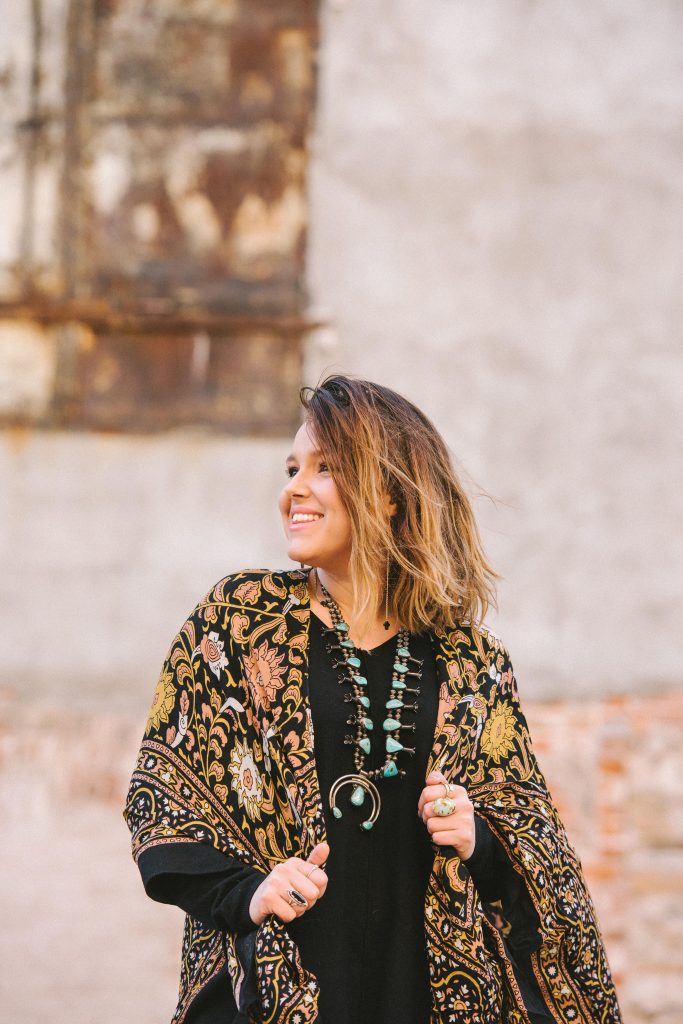
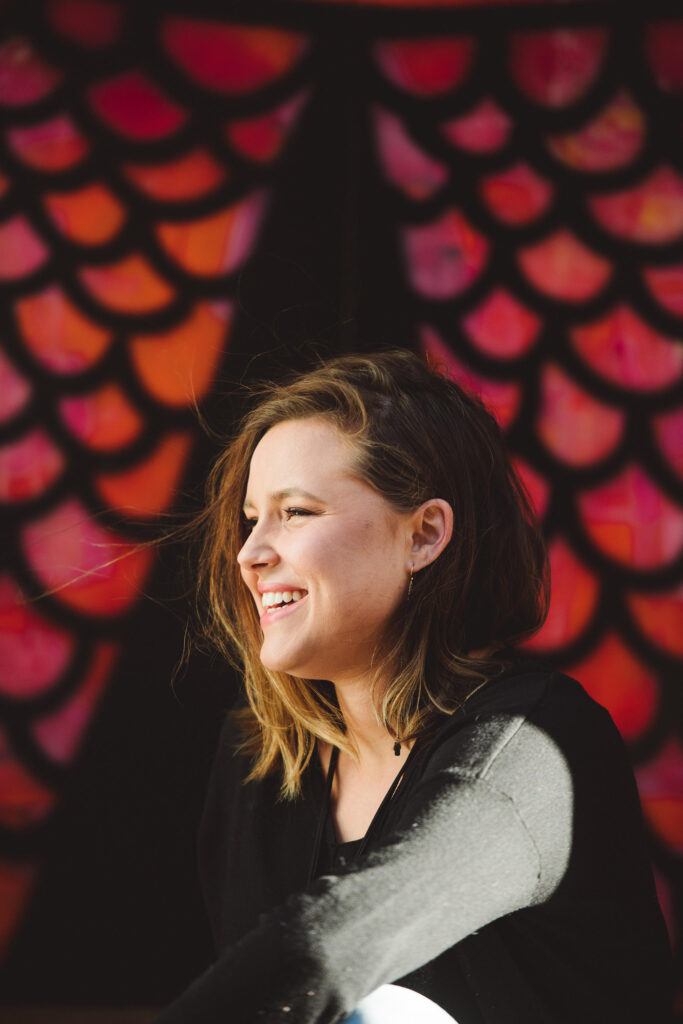
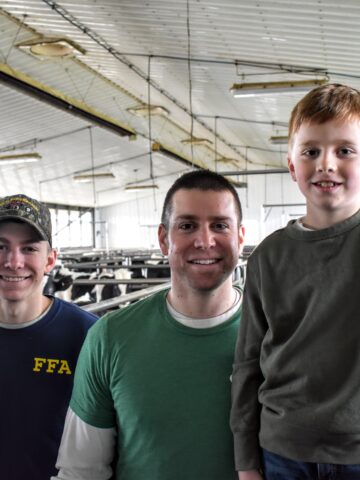
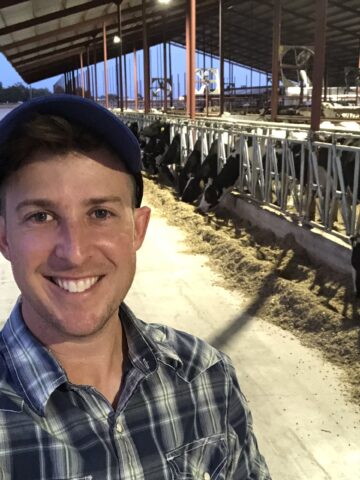
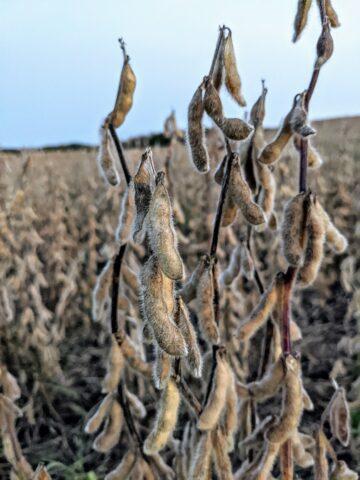
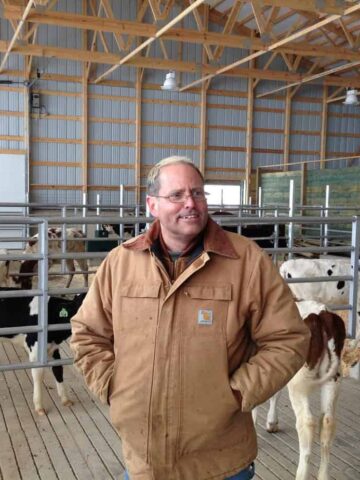
Tammy McArthur
Love it. Very well articulated from a young soul
Roger Scheibe
Alot was said about small town and ag as a foundation for ones life, could not have said it better. Kudos